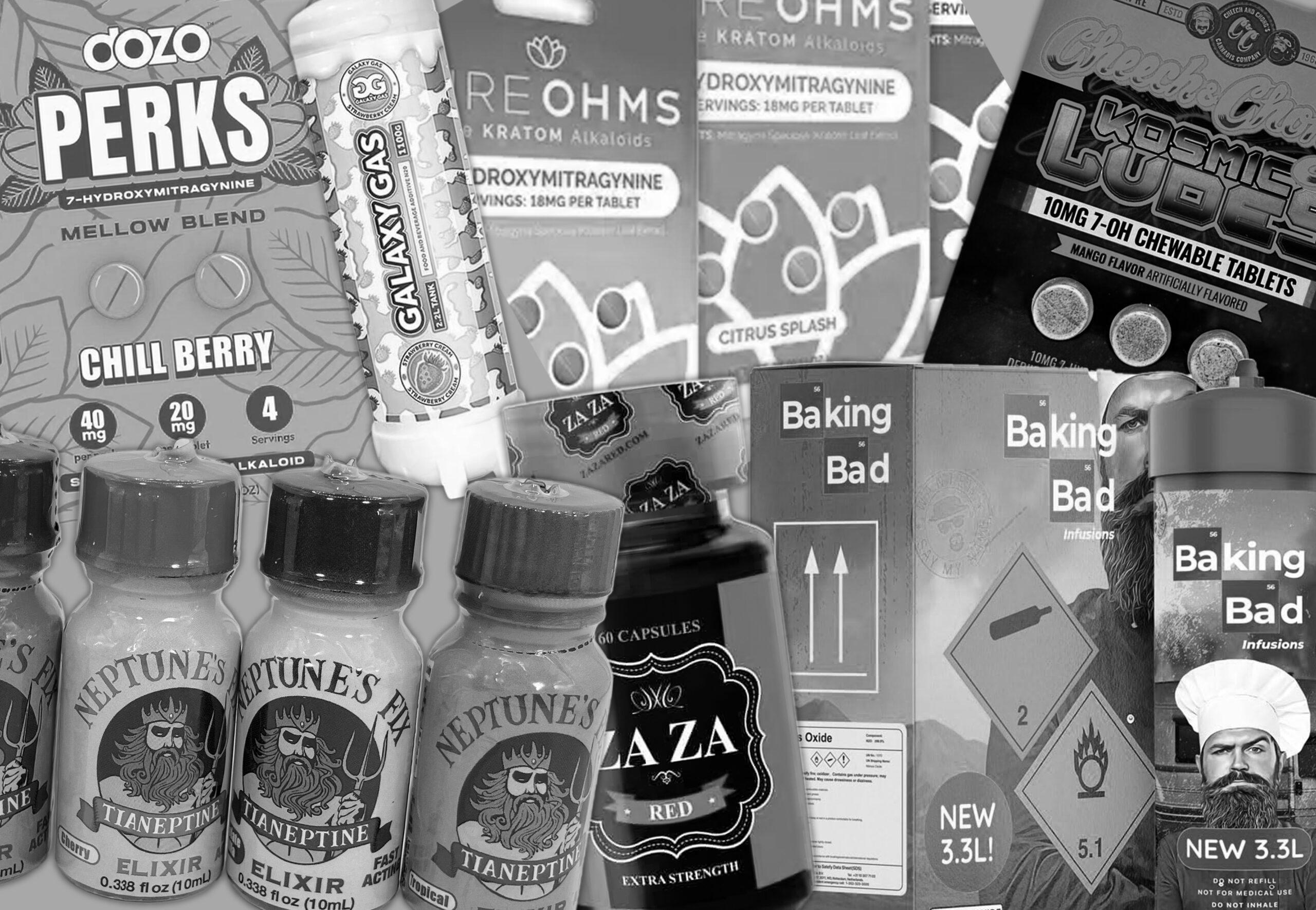Shari Barbanel
On July 29, the U.S. Food and Drug Administration (FDA) took “bold steps” to protect American consumers from dangerous illegal opioids. The agency recommended a scheduling action to control certain 7-hydroxymitragyine (7-OH) products under the Controlled Substances Act.
According to FDA, 7-OH is increasingly recognized for numerous health and safety issues because of its ability to bind to opioid receptors. 7-OH is a concentrated byproduct of the kratom plant. FDA also released a new report to educate the public and health professionals about the risks of 7-OH and how to distinguish it from legitimate kratom products.
FDA previously sent warning letters to several companies for illegally marketing products containing 7-OH including tablets, gummies, drink mixes and shots. 7-OH is not legal for use in dietary supplements or conventional foods, and no FDA-approved drugs contain the ingredient.
FDA is concerned about the availability of 7-OH products as they are easily purchasable from online, gas stations, convenience stores and vape shops. The agency is especially concerned about the growing number of 7-OH products being marketed to children and teenagers such as fruit-flavored gummies and ice cream cones. Many of these products may not be accurately labeled and are “disguised or marketed” as kratom.
“Vape stores are popping up in every neighborhood in America, and many are selling addictive products like concentrated 7-OH. After the last wave of the opioid epidemic, we cannot get caught flat-footed again. 7-OH is an opioid that can be more potent than morphine. We need regulation and public education to prevent another wave of the opioid epidemic,” said FDA Commissioner Marty Makary, MD, MPH.
“We applaud FDA and HHS for focusing enforcement attention on illicit products masquerading as dietary supplements,” added Robert Marriott, director of regulatory affairs at the American Herbal Products Association (AHPA). “AHPA’s kratom guidance policy explicitly advises against the use of synthesized 7-OH in any consumable product, and the association promotes the responsible marketing of kratom leaf and its naturally occurring constituents. We support actions that protect consumers while reinforcing the distinction between legitimate herbal products and those that fall outside the boundaries of dietary supplement regulation.”
For more information, visit www.fda.gov.


Leave a Reply